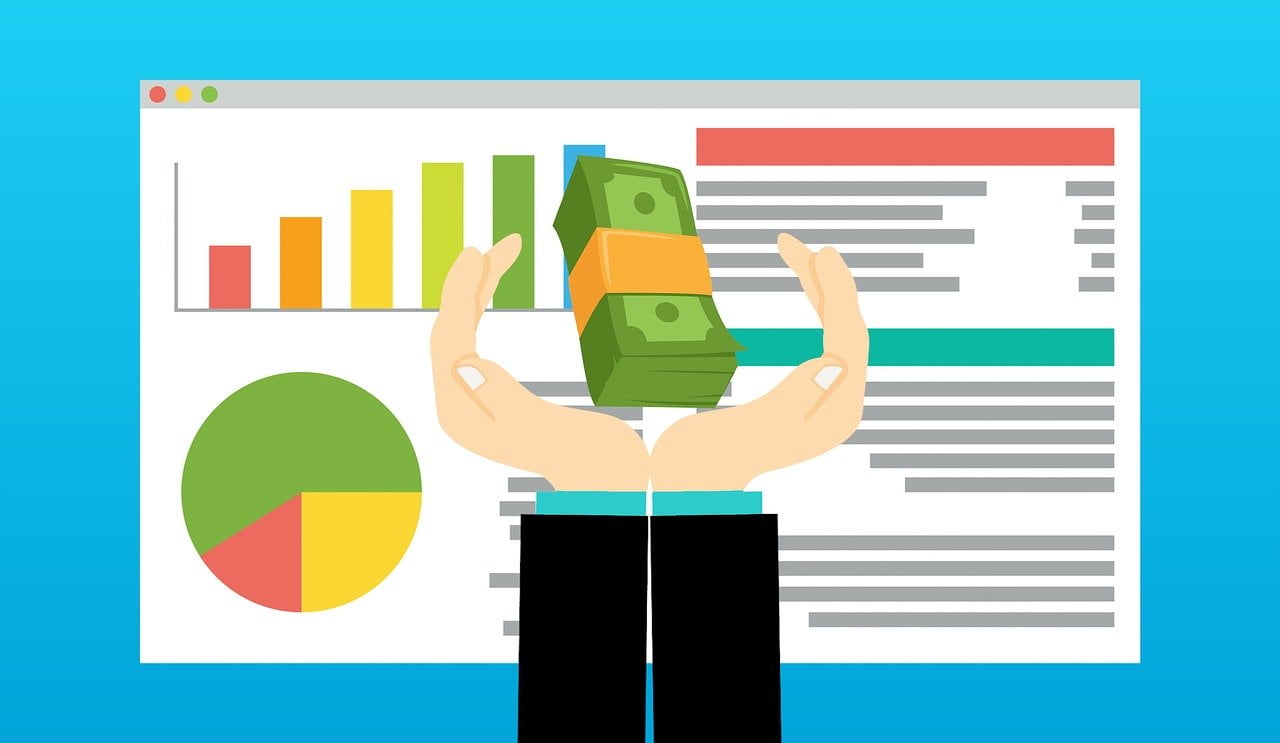In his Daily Market Notes report to investors, while commenting on the boost in consumer confidence from stimulus checks, Louis Navellier wrote:
Q4 2020 hedge fund letters, conferences and more
Pricing Power Returns To Airlines
Pricing power has returned to the airlines. March average ticket $230, June estimate is $257. March/Feb passenger traffic +39%, a year to date all time high. Dow Jones transports hit all time high, YTD +18%.
The Re-Opening trade should have a good second quarter but it still seems unlikely that we will return to 2019 levels until next year at the soonest.
Goldman Sachs close to offering BitCoin investment products to wealthy clients ($25M in investable assets). Bitcoin down 2% on the morning. The adoption cycle of crypto currency would seem to almost guarantee higher prices in the short term.
Heavy sector rotation has defined the market landscape for the past several weeks: Banking, machinery, materials, chemicals, oil and steel stocks have rallied strongly and reignited sentiment that just maybe this isn’t a one-off rally or bull trap that fades, as has been the case for “old economy” stocks in years past.
Easter and Passover week is typically a happy time of year, so I expect that as we get closer to the holiday weekend trading volume will dry up and the stock market will meander higher. When traders are happy, investors should be happy.
Consumers definitely seem happy. The Conference Board on Tuesday reported that its consumer confidence index surged to 109.7 in March up from 90.4 in February. The Present Situation Index component was especially strong and rose to 111 in March, up from 89.6 in February, while the expectations component was also strong and rose to 109.6 in March, up from 90.9 in February. There is no doubt that the $1,400 stimulus checks and debit cards boosted consumer confidence, which is now back at pre-pandemic levels. As a result March retail sales are poised for an upside beat versus consensus.
Contributing to consumer confidence are rising real estate prices. On Tuesday, the S&P CoreLogic Case-Shiller National Home Price Index rose 11.2% in January, compared to a year ago. There were only 1.03 million homes for sale at the end of January, the lowest inventory of homes since records commence in 1982, indicating further home appreciation is likely, despite higher mortgage rates. The Phoenix and Seattle metropolitan markets had the fastest home appreciation rates at 15.8% and 14.3%, respectively.
Private Payrolls Up In March
ADP announced on Wednesday that private payrolls were up 517,000 in March, which represents the biggest monthly gain in six months. Also notable is that manufacturers added 49,000 new jobs in March. New job creation was also strong at small, mid-sized and large firms. These gains are fragile and appear to be linked to the easing of COVID restrictions. Setbacks on case levels will likely place pressure on job creation.
The year 2021 began with the 10-year Treasury Note yield at 0.90%. That rate has now almost doubled to 1.75% as of the recent high quote of 1.75% on March 18. Because investors have been so well rewarded in a low-growth, low-rate, low-inflation economy for so long, the notion of this paradigm undergoing such a seismic shift in such a short period of time has caught much of the investing world flat-footed.
This Fed’s peacetime spending spree has the potential to radically alter inflation expectations going forward. Higher taxes and higher minimum wage laws will be passed on, via higher prices for goods and services –market forces that the government can’t control. We’ve been here before. These modern-day Great Society programs will not be America’s first rodeo combining strong growth with rising inflation.
Amazon Alabama warehouse vote for unionizing is significant. The record gap in income levels between the Haves and Have Nots might lead to a new push for unionizing well beyond Amazon.






